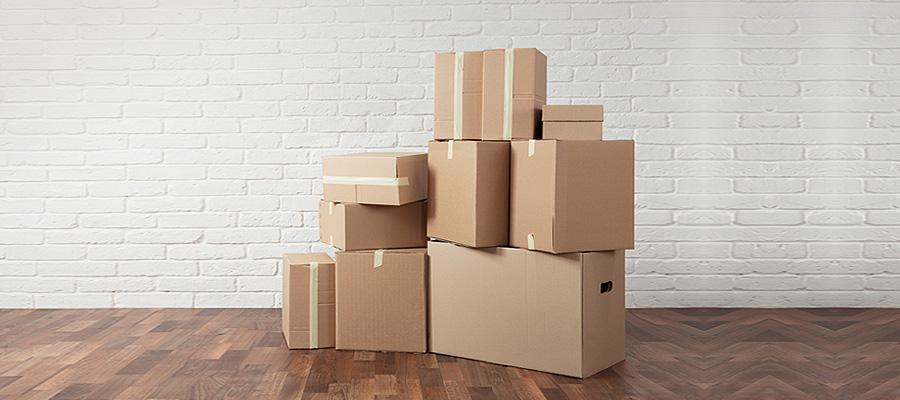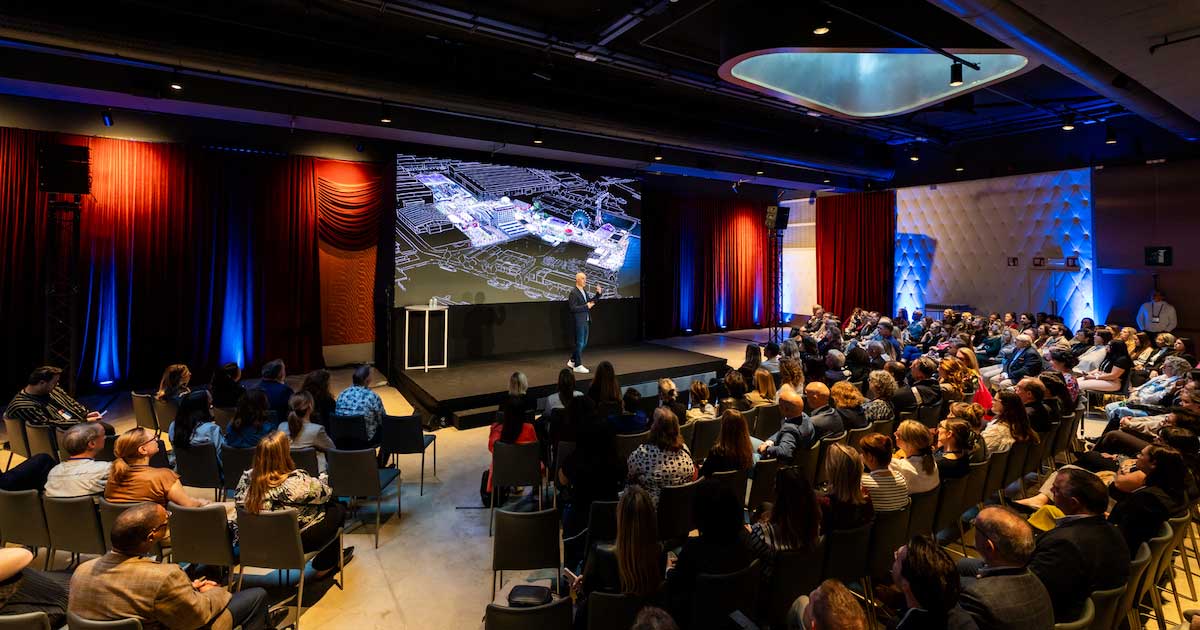Whether your event is taking place domestically or internationally, you will likely have some shipping needs. Making sure that your materials arrive on time and in good condition are especially important for events as even a delay of a few days can mean having to make due without them for your entire program.
When to work with a freight forwarder
For events with significant shipping needs, the most logical approach is to work with a freight forwarder who specializes in the type of event you are managing, and someone who has established relationships in that destination. Ideally, this is a freight forwarder with offices in the city where your event is being held as well as regionally in some key markets from where your shipments are originating. They can typically arrange for your goods to be picked up from your office (or another departure point) and deliver them to your venue using a combination of couriers, carriers and customs brokers to meet the needs of your shipment.
Appointing and working with an official supplier
To ensure your exhibitors and partners have early buy-in to your event, having a network of suppliers ready to help them is critical. Shipping and customs is no exception. Particularly when planning a program outside of your country, appointing an official broker or forwarder years in front of the show can help the sales process by ensuring exhibitors and sponsors are excited to ship into the region. Often these suppliers can help in your year-prior, giving information to potential exhibitors and partners on shipping to the event next year. The appointed supplier must have a critical understanding of the event industry, the program and the country in which the program is being held. In some cases, exhibitors may have preferred rates and relationships with their own suppliers and may opt to use these rather than the appointed carrier; this is welcome providing their carriers can follow the needs of your event. Some general services contractors or display contractors may also offer shipping services and can provide shipping support for your program.
Using an advance warehouse
In some areas, the appointed freight forwarder, general services contractor or display contractor will offer advance warehousing services. This means that goods may be shipped in advance of the event using the appointed carrier or a carrier/courier selected by the shipper to a warehouse where it is stored until the official move-in time for the event. Benefits of using an advance warehouse are that it allows you to leverage the official supplier’s knowledge and flexible working hours and your own relationship and negotiated rates with your preferred carrier or courier. Using an advance warehouse also means that your exhibitors can ship in well ahead of the program, clear customs where necessary and be prepared for on-time delivery.
Working with a customs broker
If you’re planning a meeting with significant shipping needs in a foreign destination, use a customs broker that specializes in your destination and in meetings and events. A customs broker can also provide education to your exhibitors the year before your event to help build “shipping confidence” for your show. The customs broker should be aware of any incentives for events or duty and tax exemptions for temporary imports and exports. Saving money on duties and taxes. While generally, the duty and tax tariffs are not negotiable, savings may be possible by making better decisions on what to ship internationally and by working with a customs broker who understands the unique shipping requirements of events and how to enter the goods strategically to save duty and tax. Keep in mind that duties are based on the manufacturers’ value (not the retail value) of goods and the type of commodity. In some cases, the fee for contracting a customs broker may not be cost-effective based on the value of the goods and estimated duties that will be applied to them. Your DMO or CVB may be able to recommend customs brokers with experience in the meeting industry.
Arranging material handling
The final piece of the shipping puzzle is material handling (sometimes referred to as drayage). For exhibitions and trade shows, this involves moving materials from the venue’s loading dock to the exhibitor’s stand or booth. Delivery of goods to the booth may be done directly by the courier or carrier in some areas around the world. However, in North America, material handling is typically offered by the general services contractor or display contractor. Rates are typically based on weight and not on piece count.
Tracking your goods
To increase the odds of goods getting to their destination, track them every day. Tracking your goods directly is recommended for each stage of delivery (to the advance warehouse, to the venue, to the stand). While ideally your service providers should be able to provide tracking services for you, you are always in better shape when you track it yourself. In some cases, you may need to rely on the bill of lading (the contract between the freight carrier and shipper) with a piece count that can be provided by your courier/carrier to the warehouse or venue. Bringing this document with you to the show can be helpful if the goods are not immediately located.
When to use an ATA Carnet
An ATA Carnet is like a passport for your goods to protect them from duties and taxes. It is an international customs export-import document for goods that will be re-exported. You should consider one when you are shipping high-value goods—such as audiovisual or production equipment that is traveling around to different parts of the world on a regular basis.
How to save on shipping costs
Shipping costs are generally based on four things: distance, size, speed and weight. Anytime you can reduce any of these variables, you’ll be able to save costs. It can be cost effective to ship display components from show-to-show—rather than back and forth from your office to save on shipping and wear and tear. This can take some pre-planning, but you might find the cost savings worth it. Your freight forwarder may be able to arrange inter-show storage, or this may be available through advance warehousing services for your next event.
SIDEBAR:
This article is excerpted from the MPI white paper Shipping Best Practices: A How-to-Guide for On-time, In-budget and Intact Package Deliveries for Your Event.







